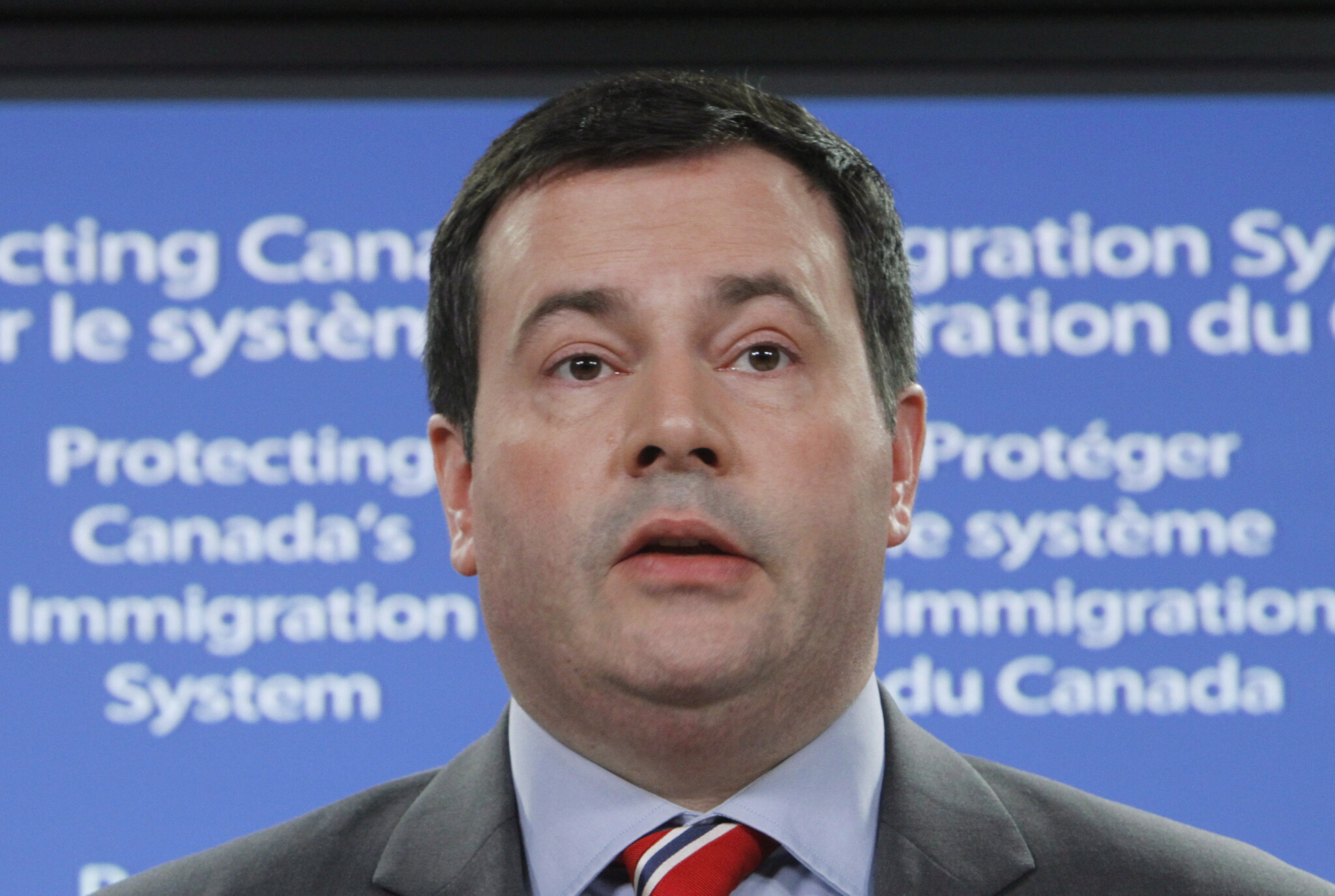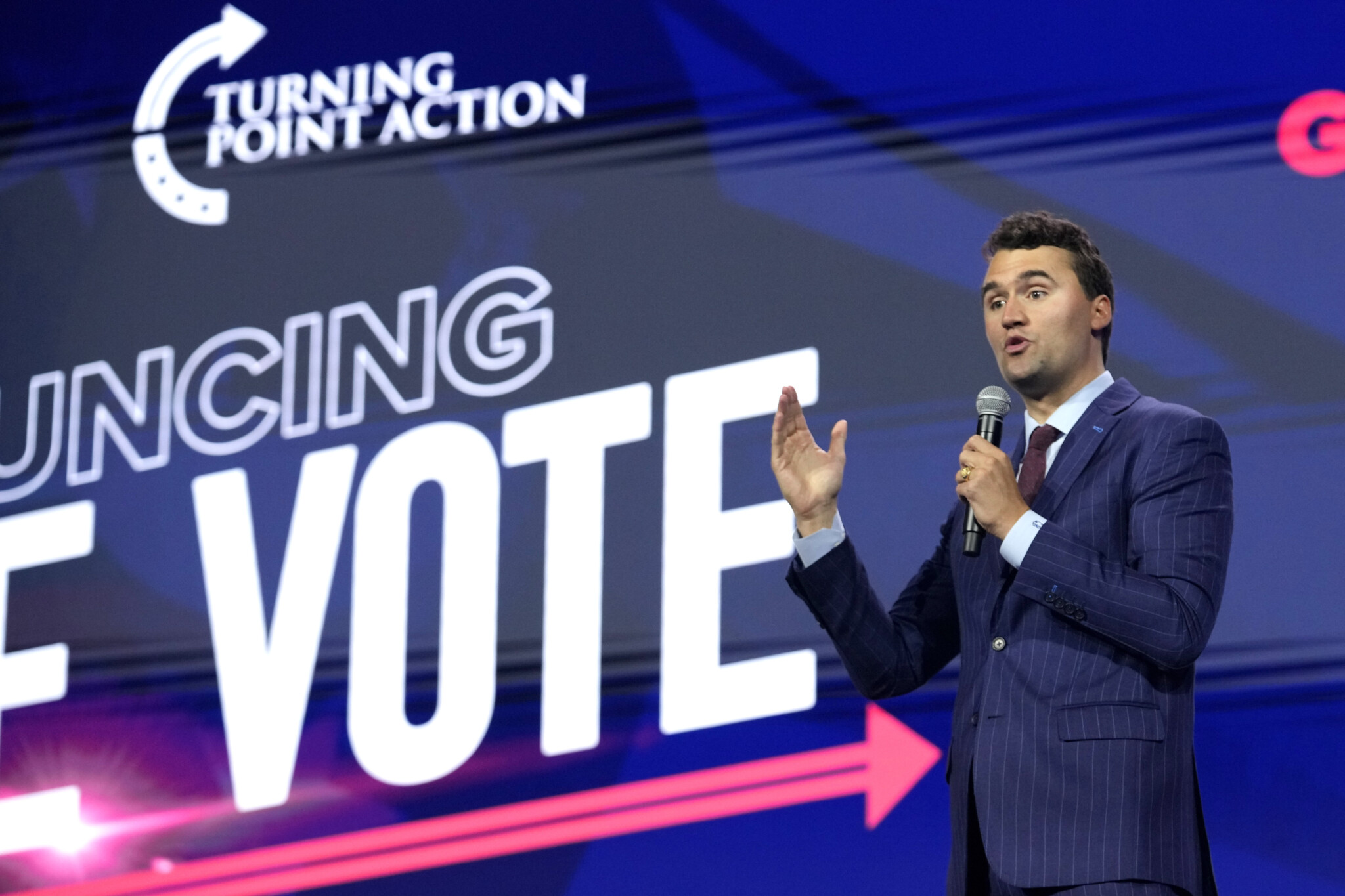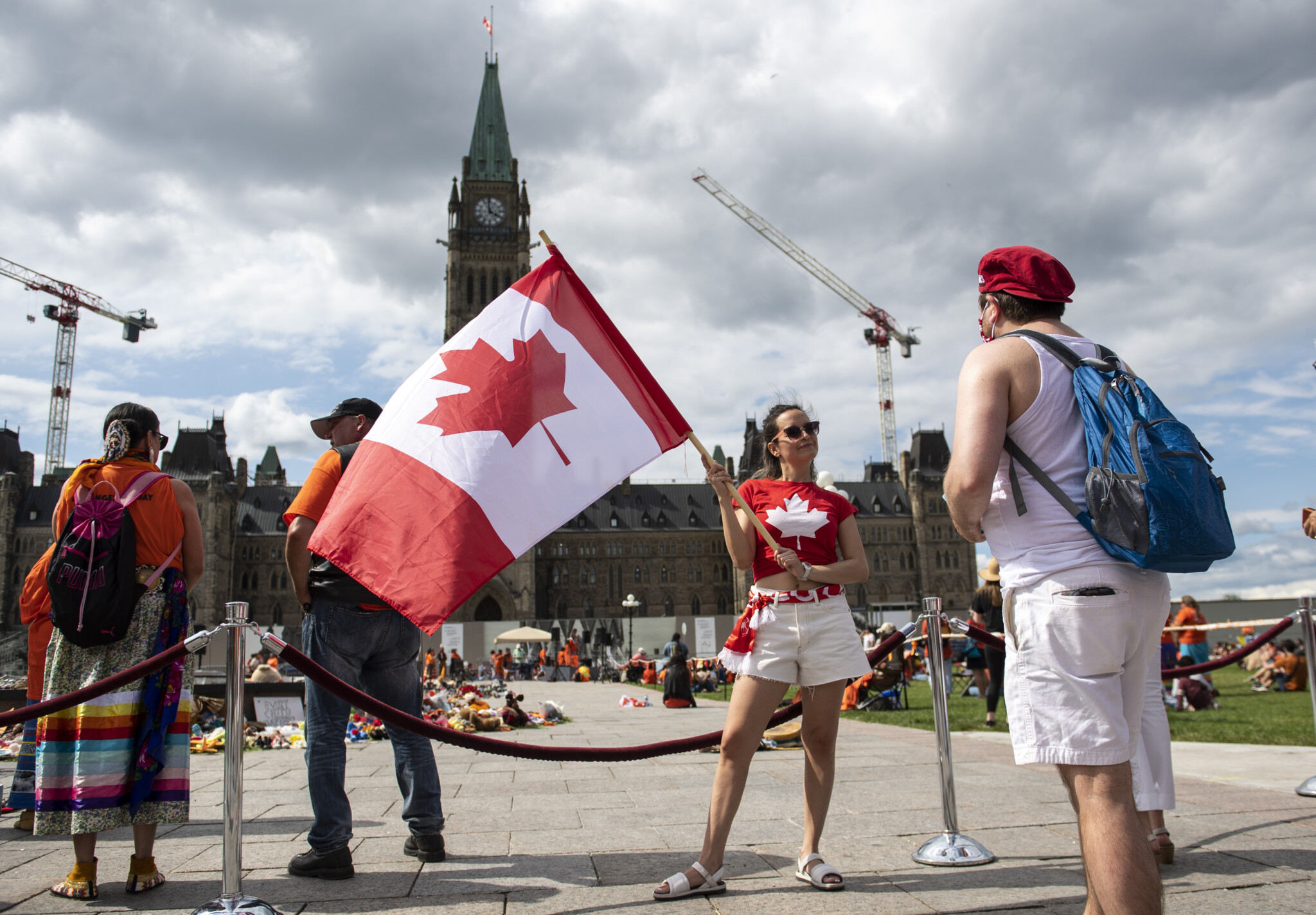Welcome to Need to Know, The Hub’s twice-weekly roundup of expert insights into the biggest economic stories, political news, and policy developments that Hub readers need to be keeping their eyes on.
Canadian immigration must be reformed—but there’s a risk in overdoing it
By Sean Speer, The Hub’s editor-at-large
As federal parliamentarians return to Ottawa and immigration issues hang over the parliamentary session more than at any time in our lifetimes, The Hub recently spoke with leading labour economist Mikal Skuterud from the University of Waterloo to better understand the key aspects of Canada’s immigration policy in light of its growing political salience.
Skuterud has distinguished himself as a principled empiricist on the file who called out the Trudeau government for its reckless increases to immigration levels but has also recently raised issues with the Conservative Party’s proposal to fully eliminate the Temporary Foreign Worker (TFW) program.
We put to him two questions: where did Canada’s immigration policy go wrong, and what should we do about it?
The answer to the first question is a bit complicated. There wasn’t one single decision so much as a pattern of recklessness under the Trudeau government. Its large-scale increases to the permanent resident stream (which effectively lowered the threshold for newcomers under the points system) and even larger ones to the non-permanent resident stream (which has seen temporary migrants reach historic levels as a share of Canada’s overall population) have had the cumulative effect of lowering Canadian GDP per capita and undermining confidence in the immigration system itself.
Yet Skuterud is much clearer on when immigration policy was broadly right. He points to 2014 under then-immigration minister Jason Kenney as the “golden age” of Canadian policy. That year marked the introduction of Express Entry as a data-driven model that prioritized education, skills, and predicted earnings as the main criteria for permanent residency. It was transparent, objective, and, in Skuterud’s words, about as optimized as any immigration policy in the world.
If over the subsequent decade, the Trudeau government’s choices “dismantled” Canadian immigration policy, few voices—with the exception of Skuterud and a small number of others—were prepared to say as much. This includes the Conservatives, by the way, who remained mostly silent on the immigration file even as it became self-evident that the Trudeau government’s policies were bad for the country.

Immigration Minister Jason Kenney holds a news conference in Ottawa on Friday, June 29, 2012. Fred Chartrand/The Canadian Press.
Now, with public opinion shifting, Pierre Poilievre and the Conservatives have taken a harder line, including, most recently, calling for the full elimination of the TFW program. Skuterud is skeptical of the Conservative position. Although he agrees that the program has grown too much, especially among low-skilled workers in jobs that don’t even require a high school education (which is the largest source of growth in the program since 2015), he worries that scrapping it altogether risks throwing the baby out with the bathwater.
There are streams within the TFW program, such as the Global Talent Stream, that, according to Skuterud, are worth keeping. As part of a “two-step immigration,” these streams serve as quick and efficient pathways to bring in high-skilled talent that can transition into permanent residency. Shutting down the entire program would foreclose this channel and hurt Canadian firms competing for top global talent.
His message to the Conservatives is straightforward: champion reform, but don’t overdo it. If there’s a shorthand for what a reform should look like, it’s “go back to 2014.” That was when Canadian immigration policy was most optimized for economic outcomes.
Poilievre and the Conservatives don’t, in other words, need to reinvent the wheel. They just need to restore Canadian immigration policy back to the model under Kenney that once made Canada a global leader.

Charlie Kirk speaks at the Turning Point Action conference, July 15, 2023, in West Palm Beach, Fla. Lynne Sladky/AP Photo.
A copy-paste version of Turning Point USA won’t work here in Canada
By Brent H. Cameron, a policy advisor for Concierge Strategies
Many conservative Canadians are seized with a great deal of emotion in the wake of the terrible, senseless, and cruel assassination of Charlie Kirk, the American commentator and founder of the successful conservative activist organization, Turning Point USA.
As a conservative, I didn’t agree with Kirk on everything, but certainly did on a number of things. And I certainly understand the reaction of a great many on this side of the border who are eager to establish a “Turning Point Canada” in order to carry forward the same work in this country.
But have you ever tried installing PC software on a Mac computer? Or vice versa? The result can be a frustrating, incoherent mess.








